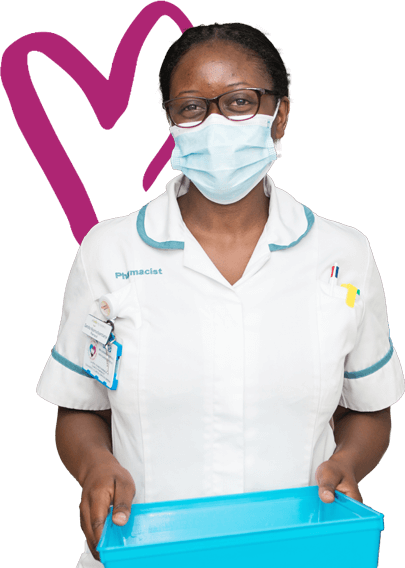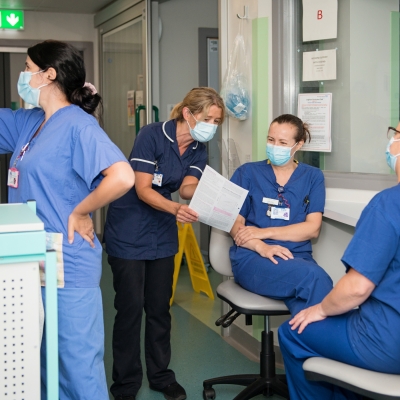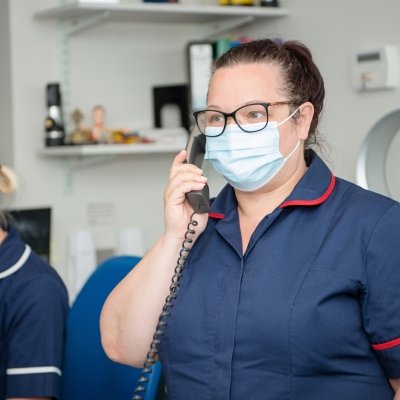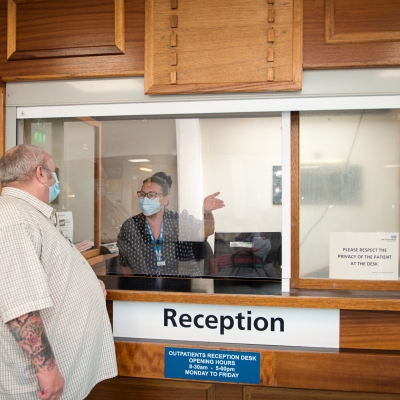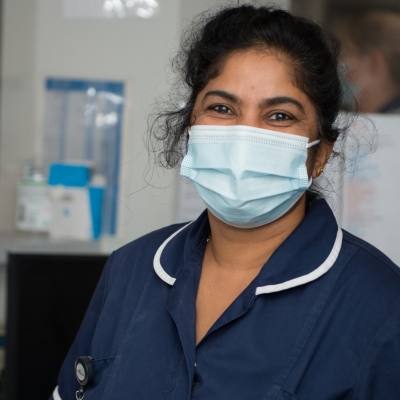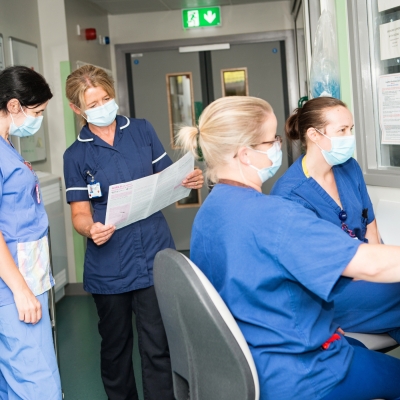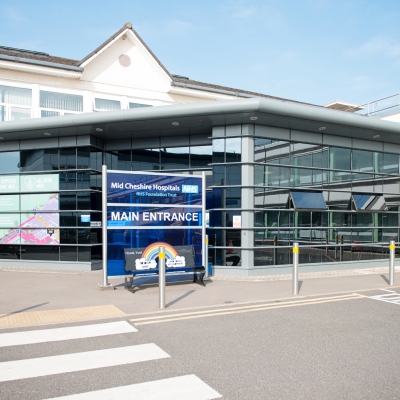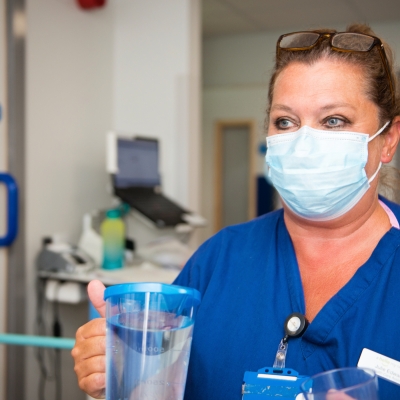Have you been thinking about returning to practice as an Allied Health Professional and want to re-register with the Health and Care Professions Council ( HCPC), then we want to hear from you.
How do AHPs Return to Practice?
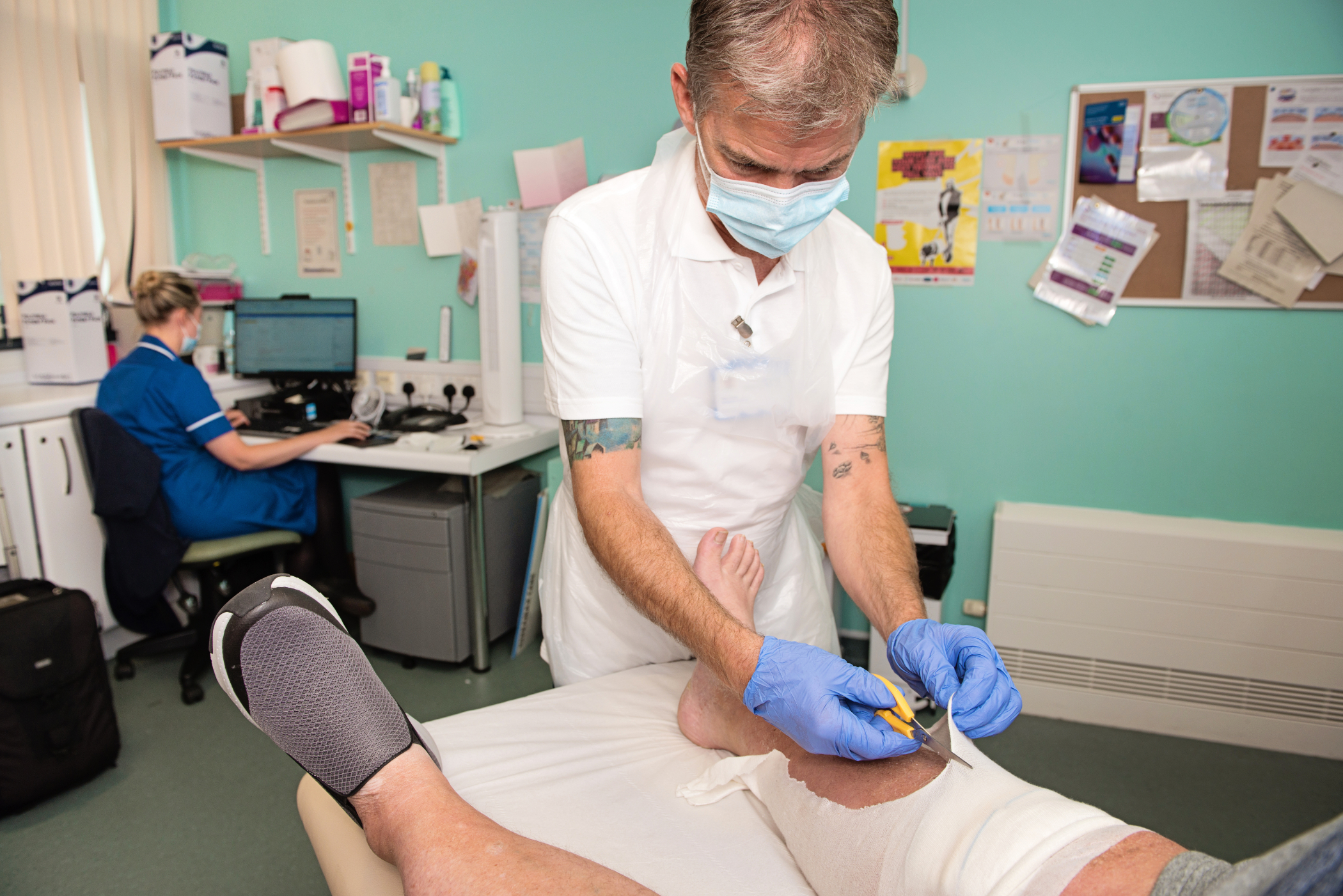 If you have previously qualified as an Allied Health Professional and wish to return to your profession then you may need to undertake a period of updating before you can become re-registered and return to work as an AHP.
If you have previously qualified as an Allied Health Professional and wish to return to your profession then you may need to undertake a period of updating before you can become re-registered and return to work as an AHP.
If you are returning to practice, the HCPC requires you to update your knowledge and skills as follows:
- 0 to 2 years out of practice– no requirements
- 2 to 5 years out of practice– 30 days of updating
- 5 or more years out of practice– 60 days of updating
(1 day is equivalent to 7 hours)
Updating can be in the form of supervised practice and formal or private study. However, the study element must be no more than half of the period of updating (e.g if you are required to undertake 30 days of updating, you may wish to choose 15 days of supervised practice & 15 days of study, or 20 days of supervised practice and 10 days of study).
Funding Available to Support AHP Return to Practice
Health Education England (HEE) will provide up to £800 to AHPs returning to practice to assist with costs and expenses such as purchasing books, car parking, child care etc. Health Education England will also pay for some courses relevant to returnees. The funding is available for AHPs who currently reside and work in England.
How to do it: Models of Employment
The two most common routes enabling individuals to return to practice are the non- employed or voluntary route (honorary contracts), and the employment routes (e.g. fixed term contacts including support worker posts). Any paid employment or volunteering undertaken within a Returnee’s scope of practice (alongside a member of the Returnee’s own profession) can be used towards their return to practice hours and submitted to the HCPC as evidence for registration.
Returnees on the voluntary route will be supernumerary, whereas Returnees on the employment route are part of the workforce.
Please contact us so we can discuss what route might best support you to return to practice.
Other Information for AHP Return to Practice
Practice hours must be supervised & countersigned by a registered professional with 2 or more years experience and in the same profession as you. You will also need someone to countersign your study who must also be a registered professional in the same profession (as you) with 2 or more years experience.
Return to Practice gives individuals, who have been registered with the HCPC previously, the chance to return to their profession by undertaking a period of updating, after which, (healthcare providers such as East Cheshire NHS Trust have the opportunity to employ AHPs who bring a wealth of knowledge and experience with them.) Mid Cheshire Hospitals NHS Foundation Trust would look to support employment opportunities within the Trust, acknowledging the wealth of experience returnees bring with them.
Q 1 - I’ve been out of practice for over 20 years, I can’t return, can I?
The Return to Practice programme is open to everyone, no matter how long you’ve been out of practice. To date, the longest duration a returner has been out of practice is 24 years, and they have successfully returned to the HCPC register.
Q 2 - I need to be assessed to be competent by my supporting organisation, supervisor or counter signatory, right?
No – oly the HCPC will assess competency to practice through a returners evidence. Returners submit their evidence of updating and self-declare they are fit and competent to practice. Don’t forget, returners hold a qualification, they just need to re-gain their registration with the HCPC to use a protected title. Return to Practice is self-led by the returners, they identify gaps in their own knowledge and skills and come up with an action plan. The placement organisation or supervisor just ‘signs off’ their days of supervised practice or spent undertaking study.
Q 3 - Can the whole team support me? Including newly qualified professionals and support workers?
Yes! A whole team approach to returner support helps within busy teams. You should be working alongside someone from your profession on the HCPC register – this may mean you are working in a team with them but not necessarily working in same room as them.
Q 4 - Can I assess and treat patients, even in the community?
Yes! Remember, returners are not students, Return to Practice is an opportunity to refresh not start from scratch. If you are not attached to a university (which is often the case) you may have an honorary contract, you are supernumerary under the supervision of a qualified professional, Yes, you can see patients! Returners have so much experience that can make a big difference to patients, clients, carers and their families.
Q 5 - Can I go on an honorary contact? What about a DBS and Occ Health Check?
Yes. Honorary contracts are used for individuals who aren’t employed directly but will carry out work in the organisation. The honorary contracts allow the host organisation to check and provide DBS and Occupational Health Checks as part of the recruitment process, which is a requirement for supervised practice. When returners are not affiliated to university (often the case) honorary contracts offer supernumerary status under the supervision of a qualified professional and the necessary indemnity and insurances. Funding is available if returners undertake a supervised practice placement to help towards any costs incurred around the setting up of clinical placements such as contracts, DBS, OH etc.
Q 6 - What band will I be on if I’m offered an employment option?
There is no national HEE guidance to Return to Practice banding. This is down to individual organisations but HR/Finance Depts should be able to advise you. Many returners are put on a Band 3 or Band 4 contract while completing their updating. Some organisations will recognise previous experience and therefore place mid to higher banding but returners may be asked to prove this.
Q 7 - Can I be in a paid employment role or volunteering post as evidence of Return to Practice days?
Yes! Any paid employment or volunteering that you undertake alongside a member of your own profession can be used to count towards your hours on the Return to Practice programme and submitted to the HCPC as evidence for registration.
Q 8 - Can I go on a virtual supervised practice placement or use simulation for updating?
Yes! Virtual supervised practice and simulation are accepted means of updating skills and knowledge for returners to practice by The HCPC. If simulated learning takes place in a lab or as a part of study and is certificated then it would be formal study evidence. If simulated learning takes place in a supervised practice place environment it may be included as evidence of supervised practice.
Q 9 - Do I need my notes counter signing or what do I sign as?
It isn’t mandatory, but is recommended to sign all records with your name, profession and ‘Returner to Practice’ as your title. It’s also good practice for supervisors to check and debrief Return to Practice notes. Organisations using digital signatures may need to provide access to clinical systems and use system and process such a Smartcards to record the digital signatures.
Q 10 - Can I get funding?
Funding is available to support formal study, private study and supervised practice. Returners can claim £500 for out of pocket expenses to undertake supervised practice and an additional £300 towards formal or informal study.
Q 11 - Can I use support worker or equivalent grade teaching assistant roles to Return to Practice?
Yes! Many returners who are qualified clinicians use support worker roles to update their skills. Check the NHS jobs websites for potential roles that may accommodate you. The other common route is working voluntarily with an organisation under an honorary contract.
Q 12 – Will HEE find me relevant courses, a placement or employment?
HEE may be able to provide contacts if you are struggling, Return to Practice is self-led and the programme is designed to support you return to the HCPC register and get into a position where you can seek employment.
Q 13 - Will HEE fund my HCPC re-registration and professional body membership?
No, HEE does not fund professional body membership or HCPC re-registration fees. However, if you undertake a supervised practice element as part of your updating and receive the £500 out of pocket expenses you can use this towards this if you wish.
Q 14 - I don’t know where start?!
Your Return to Practice can be a mixture of private study, formal courses and supervised practice. The HCPC website also has information/guidance and forms to download for you to start filling in to help you with your return to practice documentation and evidence building ready for submission. Check the competencies for your profession, work out your gaps, needs and draft a learning plan, remember HCPC registration is a self-declaration of competency, any signatories are not signing you off as competent – you decide that. The Return to Practice programme can provide free access to the e-learning for health modules and access to our closed Return to Practice Facebook page and a wealth of support.

